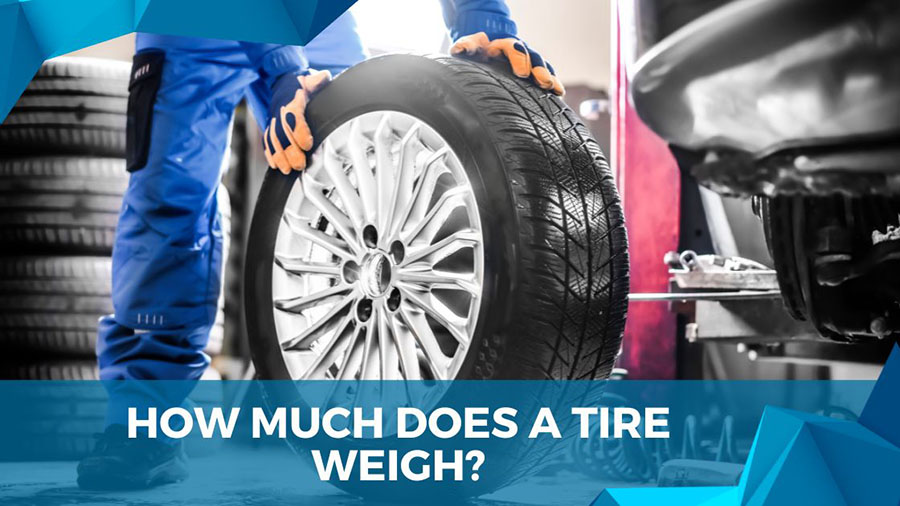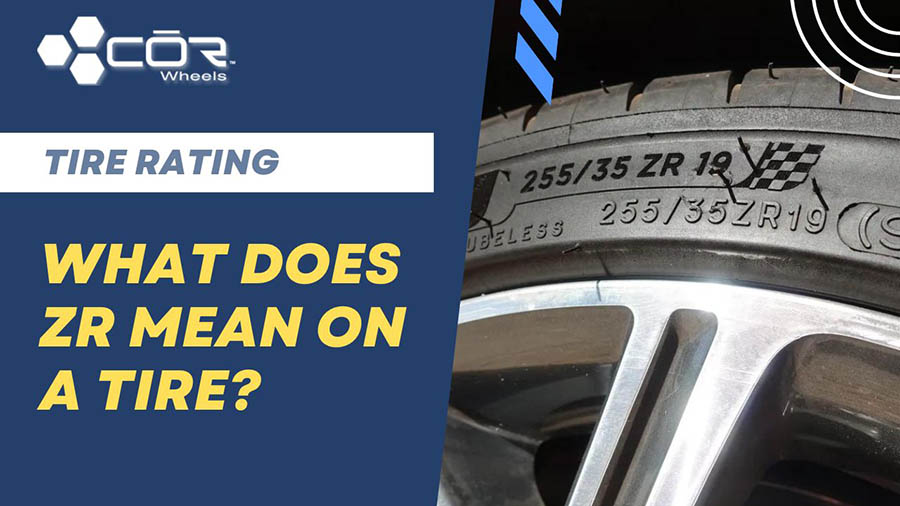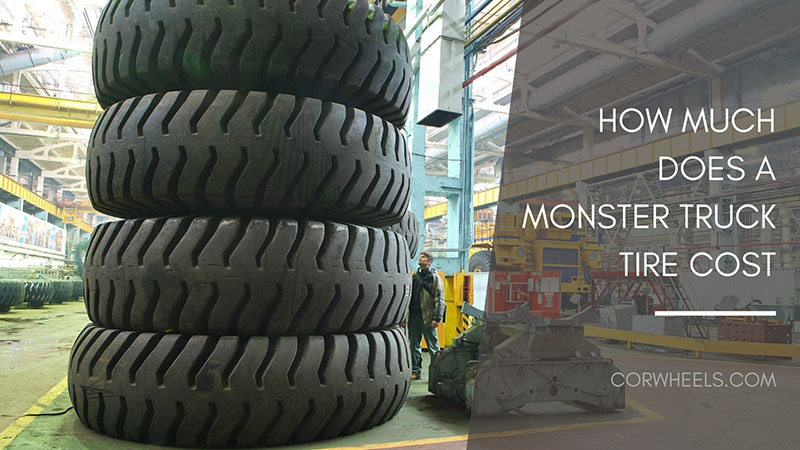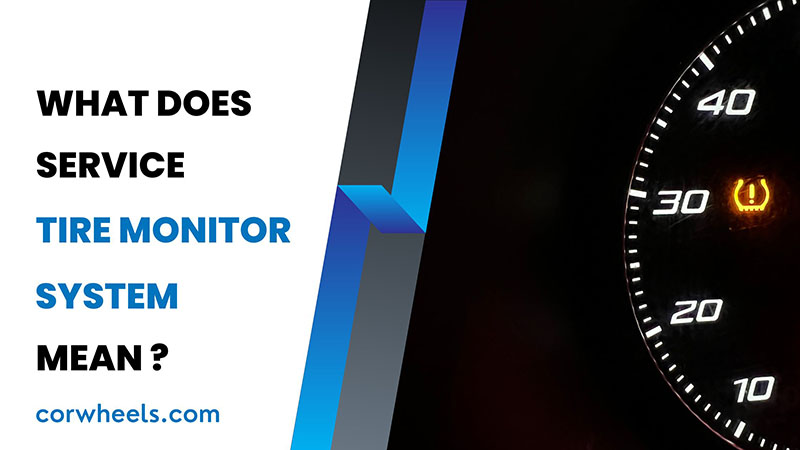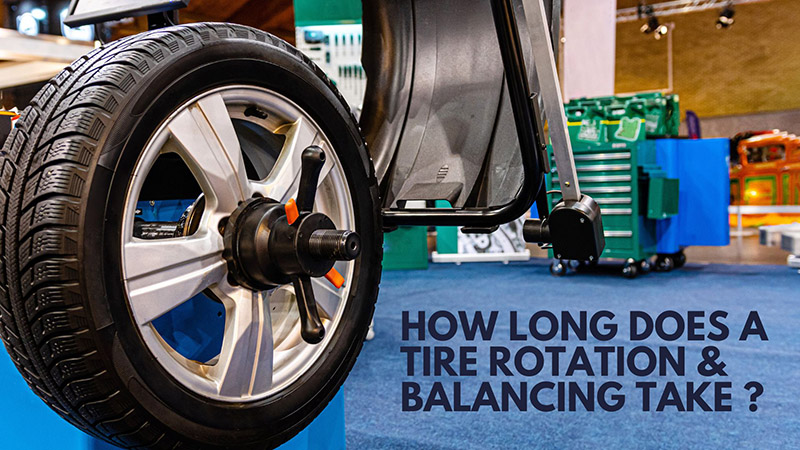If you’ve ever lifted a tire, you’ve probably noticed that it’s rather heavy. But do you know the exact weight of a tire?
This post will take a deeper look at the numerous basic components influencing tire heaviness. We can also advise you on the average tire weight of common tires on the market.
If you are interested in this topic, keep scrolling down to see it.
In this article:
How Heavy Is A Tire?
The sizes of tires and the type of vehicle determine the weight of a tire. Smaller passenger vehicle tires weigh between 20 and 22 pounds, and bigger truck tires weigh between 30 and 80 pounds.
Passenger Car Tires
Due to the numerous different types of travel tires, it isn’t easy to categorize them all. This category has differences in weight and sizes ranging from 13 to 20 inches.
The average passenger tire weighs between 15 and 25 pounds. The lighter the tire, the smaller it is.
It also relies on the tire’s performance, with luxury or performance-oriented tires containing more materials and adding weight.
Truck/SUV Tires
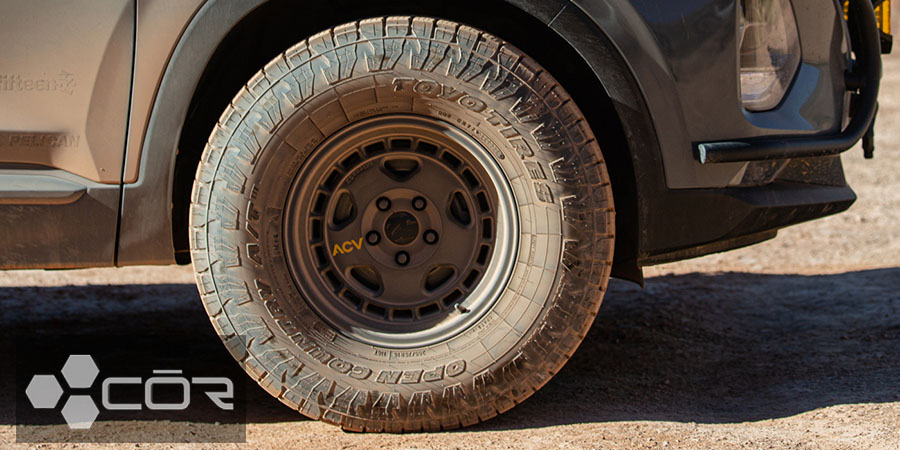
A truck or SUV tire should weigh between 45 and 100 pounds in general. However, some tires are lighter or heavier.
Truck and SUV tires, like travel tires, come in several individual sizes. Light truck tires require assistance for occasional towing. These tires, however, are also found on equivalent SUV models. Most truck tires have sizes that range from 17 to 24 inches.
Commercial Truck Tires
Commercial vehicle tires will obviously be substantially heavier than the normal pickup truck tire. Because of the increased weight, they are bigger and heavier than standard tires. These tires must also be capable of towing and traction.
Commercial truck tires weigh approximately between 100 and 250 pounds. Some may be heavier or lighter under particular conditions.
Specialty Tires
In addition to passenger and vehicle tires, the industry is swamped with specialist tires. These tires include a tractor, RV, trailer, agricultural equipment, and ATV.
The tires in this category range from 6 pounds to 250 pounds. Again, the weight will be determined by different aspects. For a lawn mower tire, for example, the weight of a tire is around 5.5 pounds, but a tractor tire weighs roughly 253 pounds.
Tractor and farm tire weight normally falls between 200 to 400 pounds, whereas ATV’s average tire is from 35 and 70 pounds. Usually, golf cart tires measure roughly 10 pounds, but a regular motorbike tire weighs around 30 pounds.
Monster Truck Tires
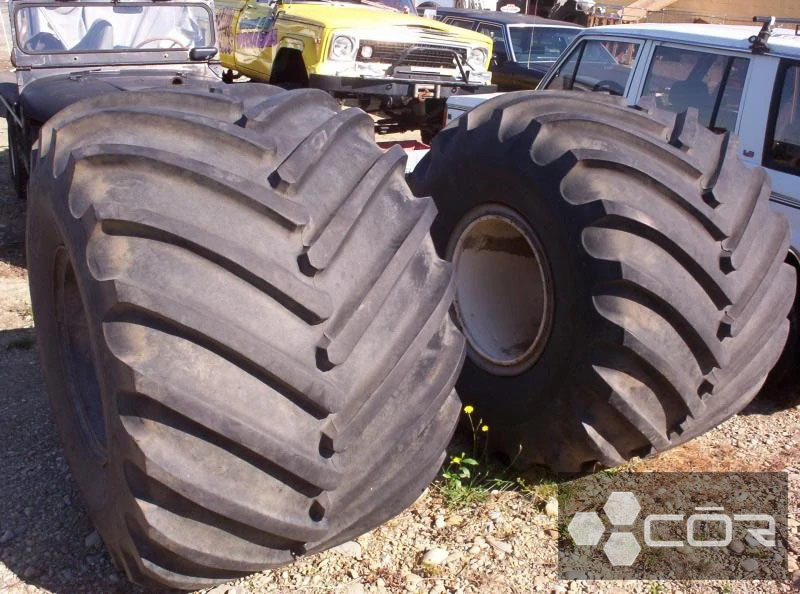
This is the heaviest type of tire on the marketplace, ranging from 800 to 900 pounds. These heavy-duty truck tires are designed specifically for heavy hauling and towing. As a result, they must be strong enough to withstand heavy weights without blowing up.
The majority of the tires in this group are 43 inches broad and up to 66 inches tall. These 6 feet tall and 4 feet wide tires typically weigh hundreds of pounds.
So, you can easily note that there is a significant weight discrepancy between these and standard truck tires.
What Affects A Tire Weight?
The weight of tires is also determined by the component, quality, and application.
Size
The size of tire is the most significant weight component, and there are several considerations to tire size.
First and foremost, we need to consider the diameter. Diameter influences volume, which in turn affects the weight. It also shows the number of materials to utilize, increasing the weight.
You should also examine the tire widths. The greater the tire width, the more material is required, and the more air pressure it can retain, the heavier it is.
Application
The typical passenger tire has a belt, cover, and tread system. All of these components may be found in the tire industry. However, certain tire types designed for special uses may have different characteristics that add to the weight.
For example, mud or uneven terrain tires feature uneven blocks in the tire tread that differ greatly from ordinary passenger tires. While these tires are identical in size, off-road tires are often heavier.
Premium tires might be heavier and more durable in general. It can accommodate more rubber layers than a standard tire.
Type
As previously stated, the weight of a tire will also be determined by its kind. Let’s look deeper at the various tire kinds and weights available above.
FAQs
How Heavy Are The Huge Tires?
The weight of a huge tire is determined by its size. Big tractor tires, for instance, can reach 600 pounds each, bringing the maximum weight of four tires to 2400 pounds.
Moreover, huge SUV tires for automobiles may weigh up to 100 pounds.
How Do You Determine A Tire Weight?
The best and most accurate approach to confirm the weight of a tire is to obtain it from the tire manufacturers or check it on a scale. If you identify the model number on the tire, the weight data is generally displayed on the tire company’s website.
How Much Does An Air-filled Tire Weigh?
Because the weight between an empty and a full tire is only a few grams difference, measuring is nearly impossible.
To determine the correct weight of a tire with air, check how heavy it weighs without air.
Why Do Tires Weigh So Much?
Tires are composed of various components that contribute to their weight, such as the tire tread, tire casing, and belt system.
These additional components work together to improve grip, tire wear, and handling. They also help the tires with traction and cornering.
Conclusion
The heaviness of the tire is determined by some aspects, such as the types of tires, the size, the application, and other crucial components mentioned in the post above.
Thank you for your time reading the post. See you next time
See Also:

